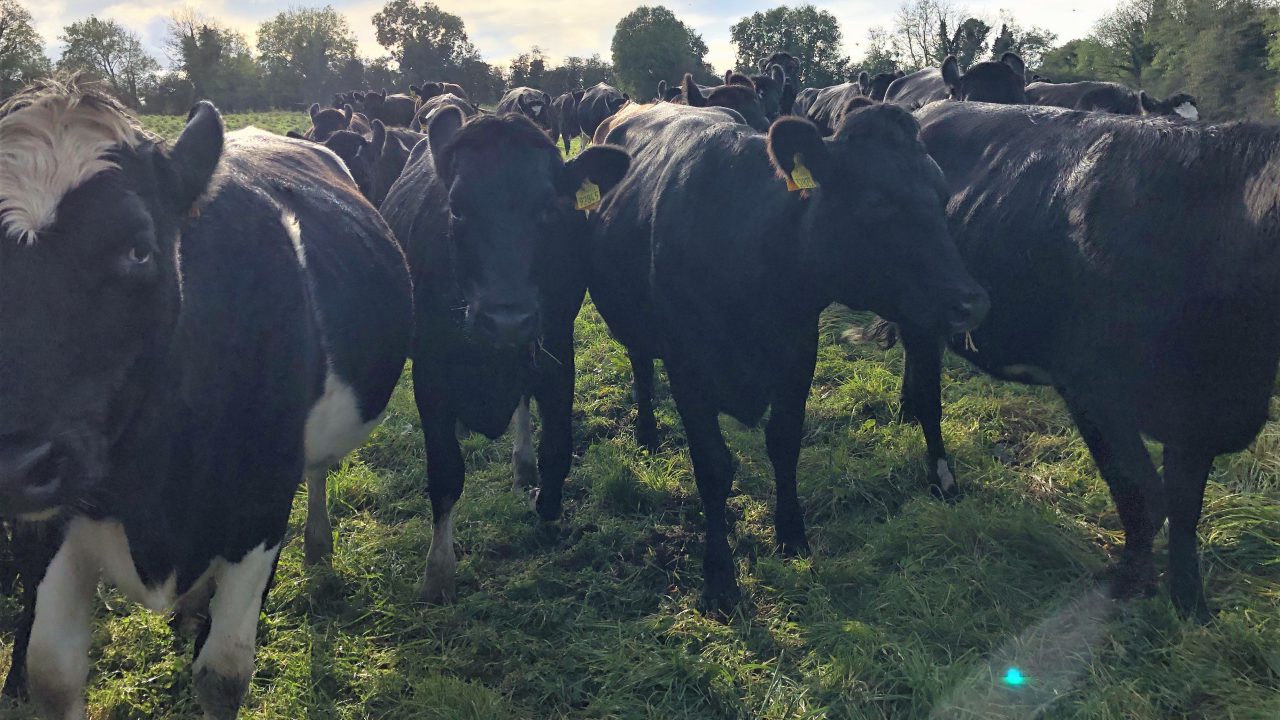One option, that is sometimes overlooked on many dairy farms to reduce the workload, is that of contract rearing.
This year, more so than other years, due to the possibility of dairy farmers having to keep dairy bull calves for longer on farms, contract rearing is being considered by some spring-calving dairy farms.
Not only that, contract rearing frees up land – that would otherwise be used for rearing stock – for milking off; allowing the farmer to carry more milking stock on the platform.
It is particularly useful when all the farm land is in the one block; in other words, is all in walkable distance by the cows.
Furthermore, contract rearing can free up time for a farmer to concentrate on managing the present milking herd and the contract rearer can concentrate on rearing the future milking herd.
How it works?
For those who may not be familiar with contract rearing, it entails a dairy farmer paying another farmer – typically a dry stock farmer – to rear his/her replacement heifers from a decided stage/age to an end stage/age.
It is important to note that contact rearing is built on trust, without it, it will not work.
This includes the rearer trusting the dairy farmer to deliver the calves on target, the dairy farmer trusting the rearer to rear the heifers to a high standard and both parties trusting each other to adhere to the drawn up contract.
Should any issues arise between either party, the contract will be the go to document to resolve the issue(s). It will be key; so nothing in the contract should be left out.
Another important component of the arrangement, is achieving target heifer weights. This is important on the rearer’s behalf; but the management of later born calves or calves that are under target when they reach the rearer’s farm, will have to be discussed beforehand.
In terms of payment, the rate of payment and the manner of payment can differ greatly between arrangements.
However, a flat rate is the most common method of payment with some farmers offering bonus payments if target weights are achieved.
The amount being paid to the rearer can vary from €1/heifer/day to €1.60/heifer/day depending on the contract rearer’s production costs and what the owner is willing to cover themselves. For instance the owner might cover: vaccines; meal etc.
- Heat detection;
- Straws and/or stock bull(s);
- Dosing products.
In an ideal scenario the rearer would not have any other stock on the farm when he/she is rearing the replacement heifers; but this may not always be the case.
If it is the case, it must be clearly stated in the contract that each group of animals will be managed separately and will never come in contact with each other.
If you feel contract rearing might work for you, it is time to get the ball rolling to find a contract rearer that will suit you.
